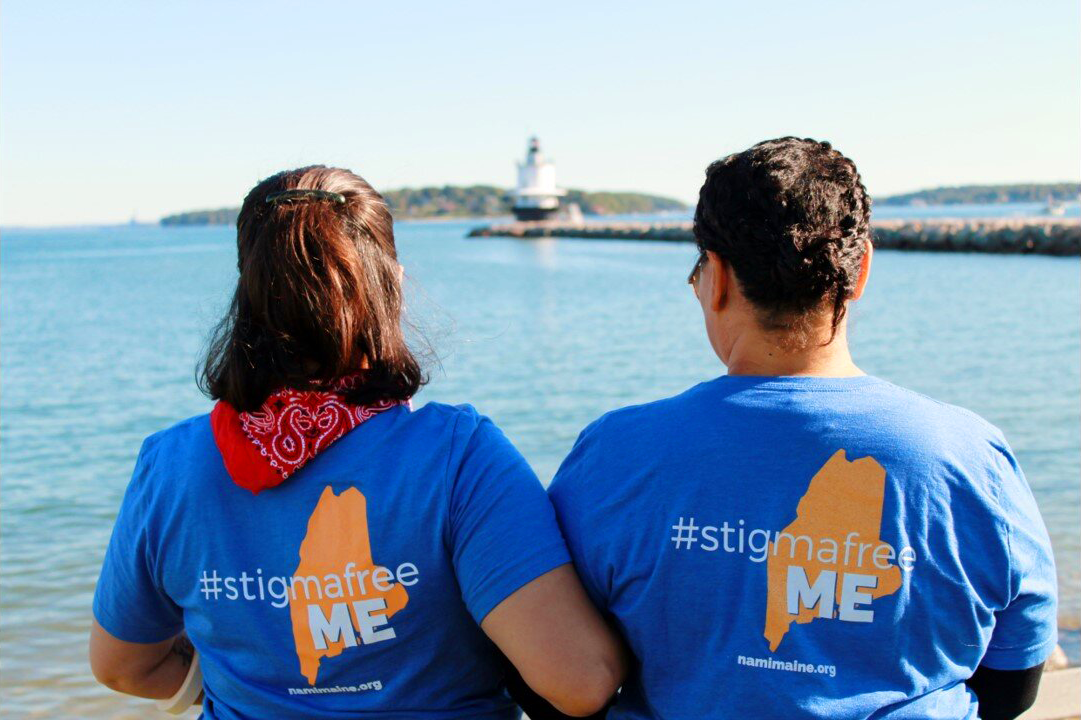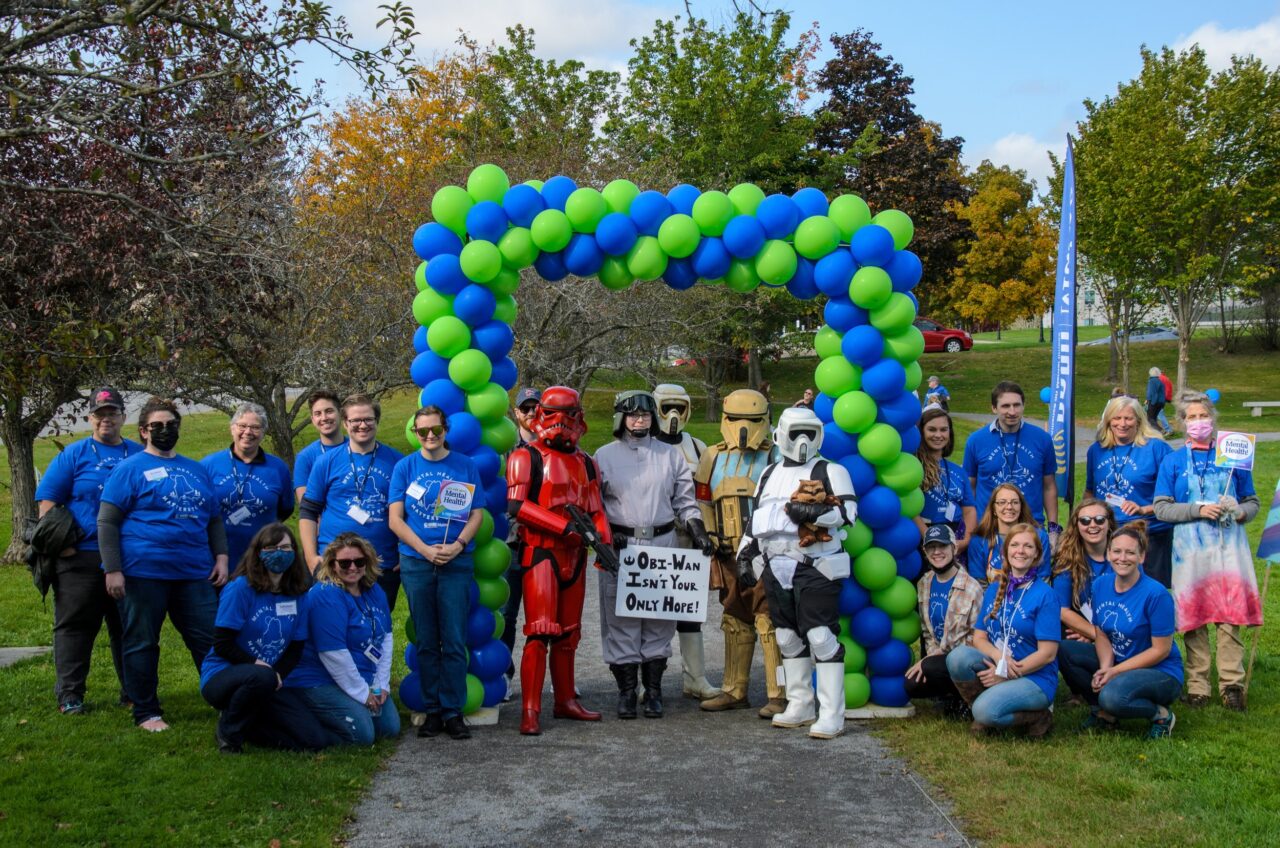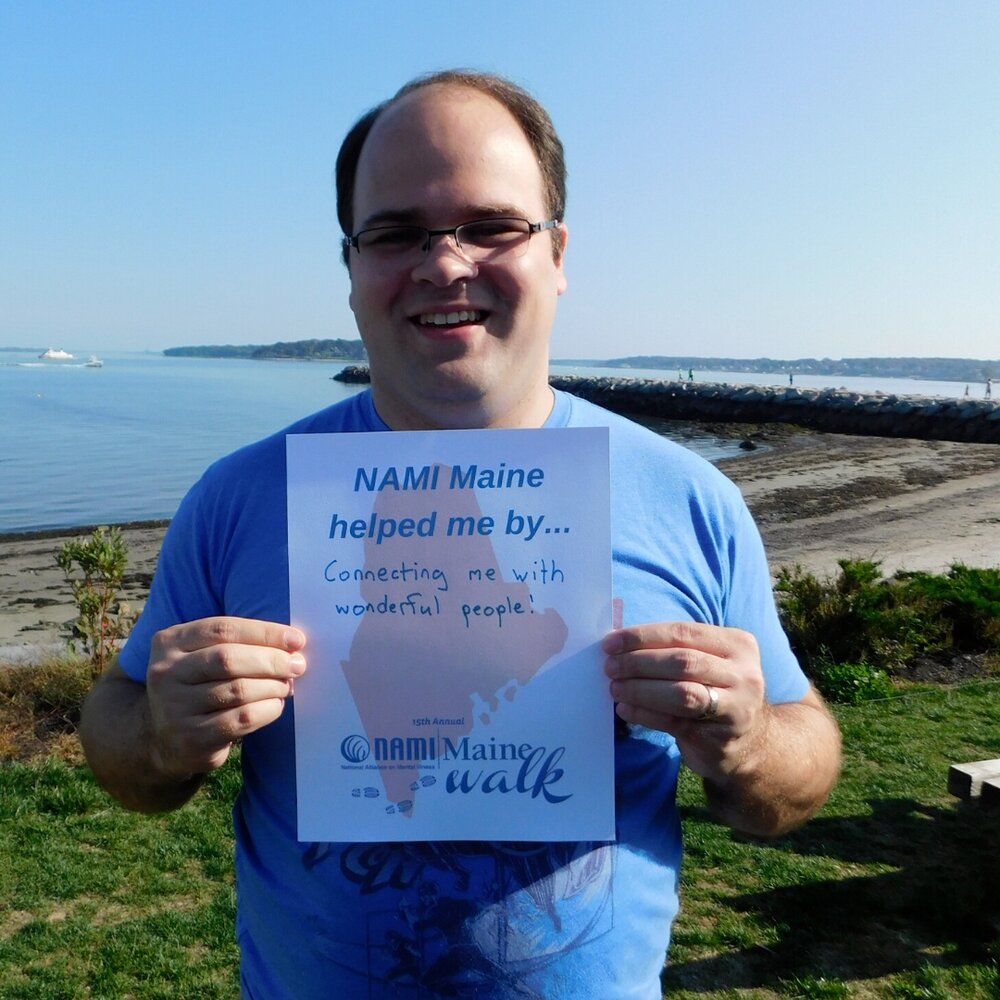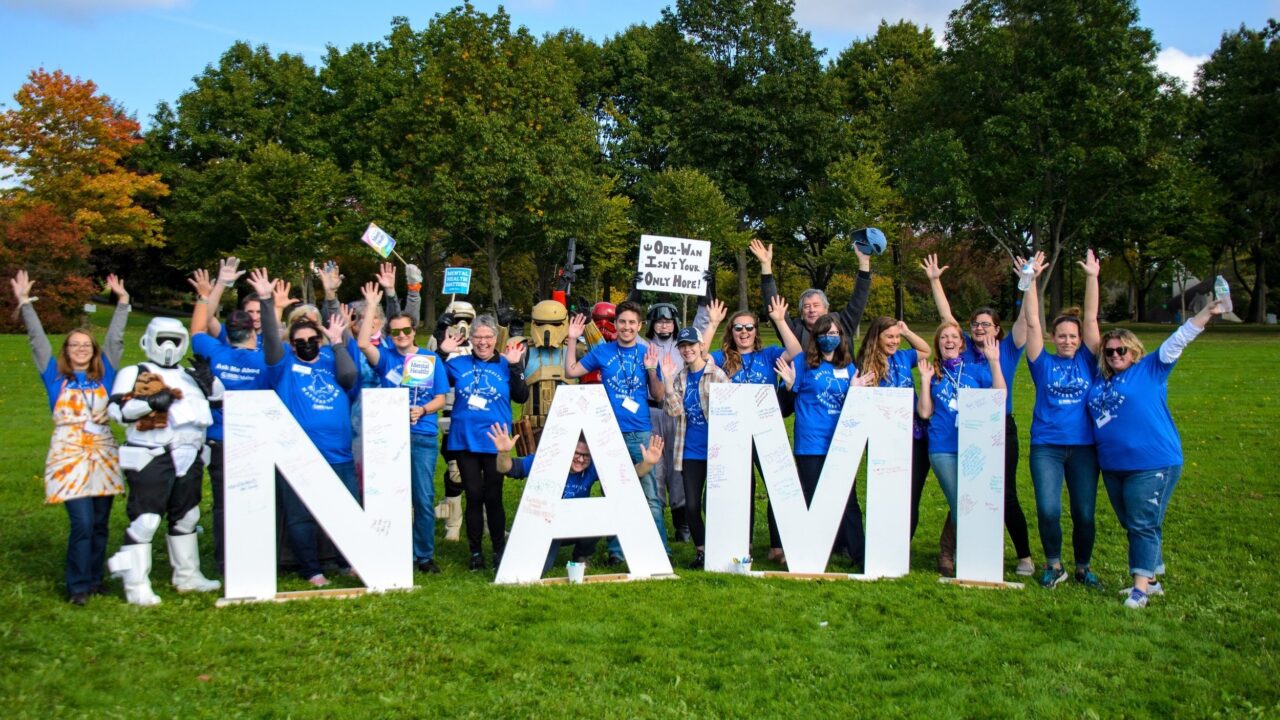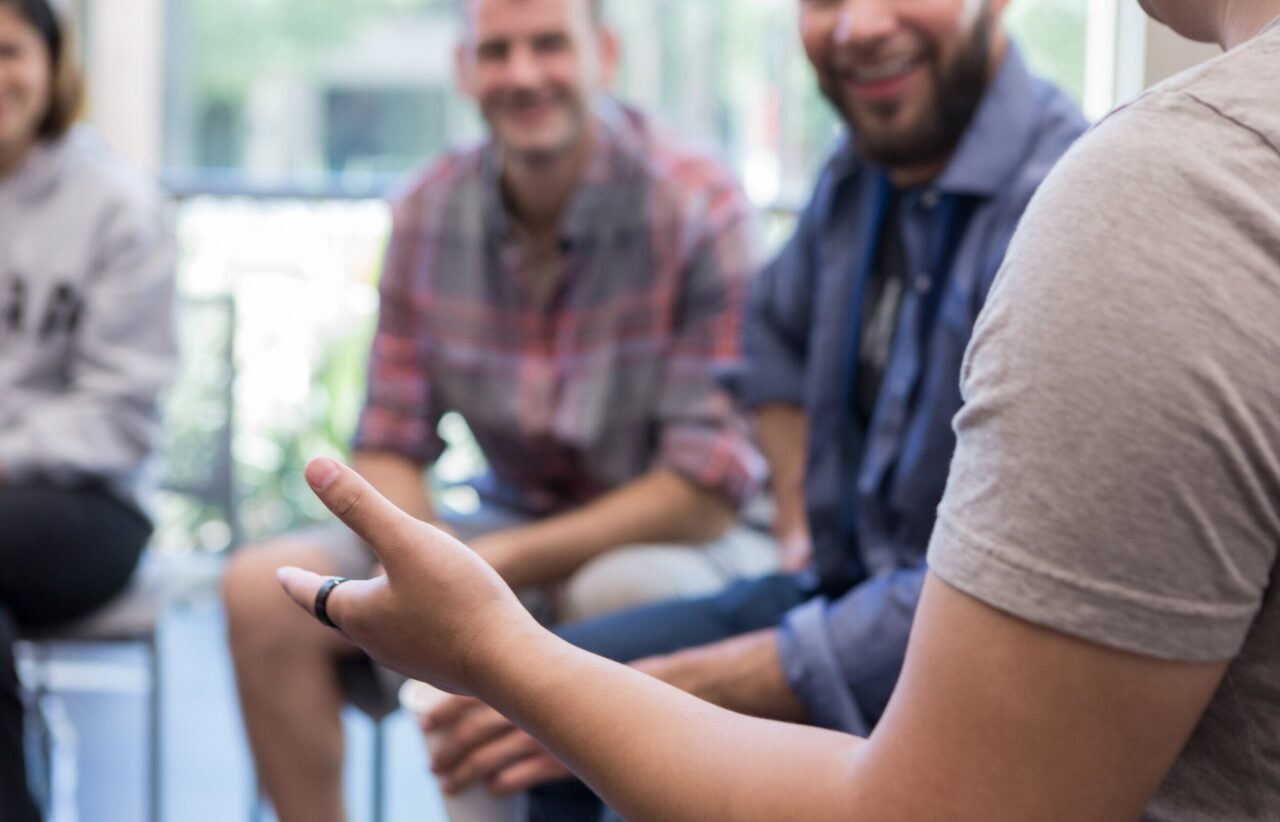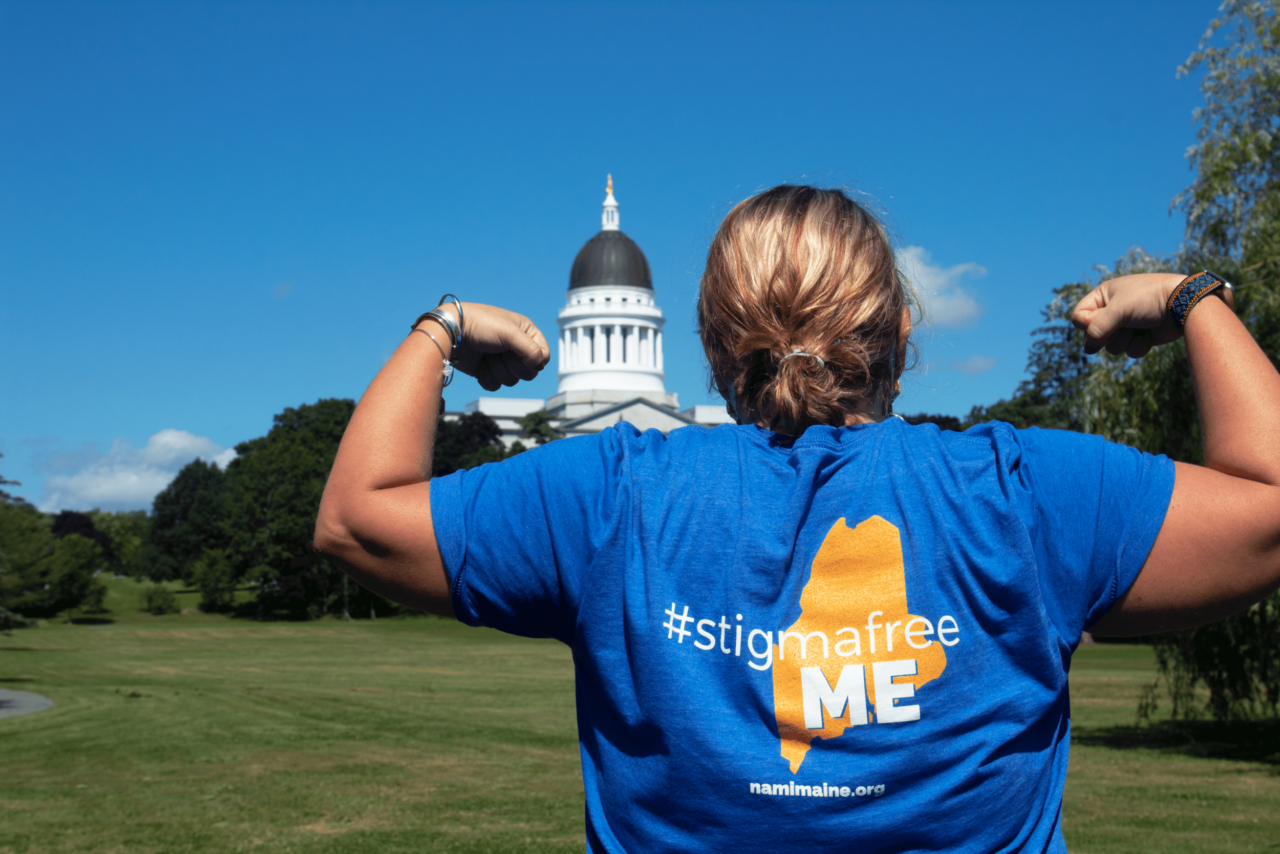Resources, Support & Consultation

If you have lost someone close to you by suicide or you are part of a school or an organization where a loss has happened, it is a shocking and painful experience. NAMI Maine provides support and resources to assist people and organizations address the immediate needs of those impacted by the loss. We will also help connect you to the ongoing support and assistance needed.
Response and support after a suicide or other traumatic death involves planned activities with people affected by a recent death, in an effort to stabilize their environment, reduce the risk of negative behaviors (most notably the risk of contagion), and to ease the pain and difficulty of grief and the process of mourning.
While these interventions or activities are provided following a death, planning and preparing for these responses and support activities need to take place well in advance of a death. We do this by properly training all those who may be involved following a suicide or other traumatic death. This includes professionals such first responders, health facility workers, funeral directors, school personnel, organizational managers, faith leaders, and clinicians, as well as family, friends, volunteers, and the community.


Personally Impacted by a Suicide
The information in this section is meant to help as you deal with the shock and the painful grief that comes with a death by suicide. Please know that you are not alone.
Maine experiences more than 250 suicide deaths per year, leaving several thousand people struggling with the deep grief of a suicide loss. We are sorry for your loss.
Contact the Suicide Loss & Grief Support Convener at NAMI Maine for additional resources and support at 207-622-5767 x 2317. We can assist you with resources for yourself and your family and help connect you to further support in your region. The information below is provided to help you understand suicide grief and to connect you with other resources as you travel the grief journey.
Suicide Loss Survivors

If You Are In Crisis...
If you are in crisis and in need of support, please contact:
Maine Crisis Hotline: 1-888-568-1112
National Suicide Prevention Lifeline: 1-800-273-8255

Facing Stigma & Feeling Shame
Many survivors of suicide loss experience intense feelings of guilt and/or shame.
Believing that they could have or should have done or said something differently or that they didn’t do enough to prevent the death, some survivors experience a great deal of guilt. They feel responsible for the death of their loved one. It is rare that there is any truth to that, but that doesn’t stop someone from feeling that way. Experiencing such feelings and thoughts are very real and are normal reactions for survivors of suicide loss.
Survivors of suicide loss can also believe that others view them as responsible for the death of their loved one. Unfortunately, and despicably, there are people who do outright blame family and friends for the person taking their own life. This, of course, adds to the intense sense of guilt so many survivors already experience.

Shame is often the result of the way people in our society talk about suicide and the stigma society puts on suicidal behaviors. Suicide has been historically viewed as a crime or a sin. Because of this, whether real or perceived, many survivors of suicide loss feel judged and ostracized in their grief.
The majority of people in our society are extremely uncomfortable talking about any type of death. Unfortunately, this is accentuated in the case of suicide, leading them to avoid survivors of suicide loss altogether.
The stigma, the shame, and the discomfort of others tends to isolate survivors of suicide loss. These things put additional and unnecessary stress on those who are already in intense pain of grief. Survivors of suicide loss quite often end up feeling rejected by many community members, including people who were once considered friends, neighbors, and co-workers.
Societal attitude and reaction are slowly changing as people become more willing to acknowledge suicide as a loss. This presents a hopeful narrative to survivors moving forward.
"Hindsight is not only clearer than perception-in-the-moment but also unfair to those who actually lived through the moment.”

Stories of Grief, Loss, & Hope
Sharing personal stories of one’s grief journey with other survivors offers support, validation, hope, and encouragement to others embarking on their own journey.
If you are a Maine survivor of suicide loss, we invite you to share your own story of grief, loss, and hope here as it can be such a benefit for other Maine survivors.
Your personal story can be shared anonymously or with your name, whichever you feel comfortable with. Please email your submission to griefsupport@namimaine.org.
For examples of stories from other survivors around the world, visit these websites: SupportAfterSuicide.org & Save.org


ADDITIONAL GUIDANCE & RESOURCES

If you have any questions or need additional information, please contact the Suicide Loss and Grief
Support Convener at griefsupport@namimaine.org or (800) 464–5767 x 2317.
Those who have experienced a loss due to suicide may be at higher risk of suicidal thoughts and
behaviors. Know What to Look For >



